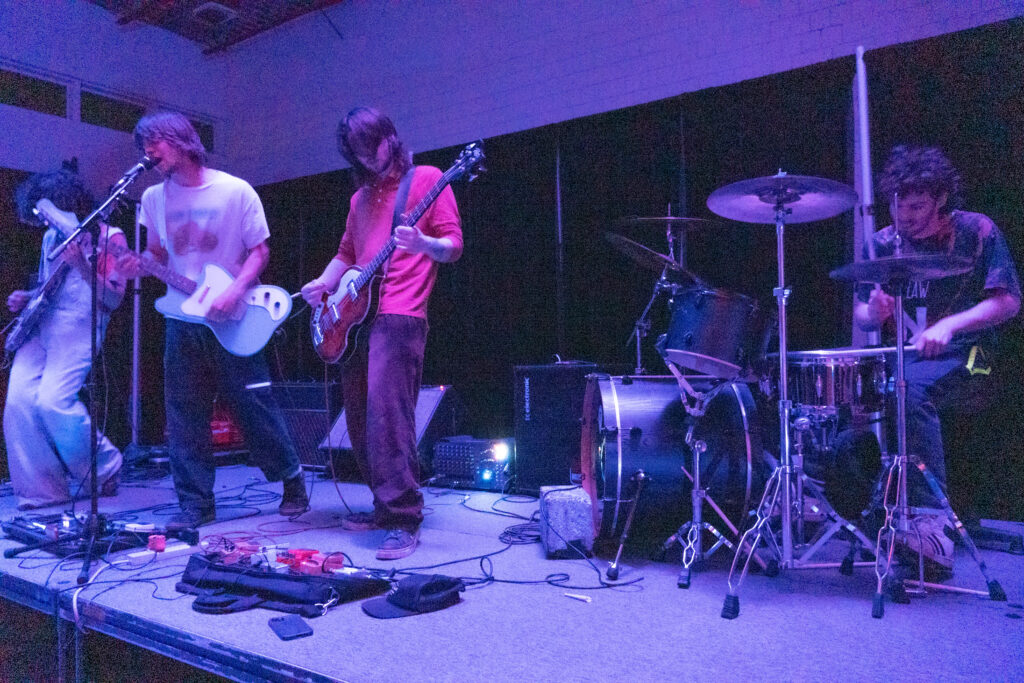Circumstances surrounding the pandemic have forced nearly one-fifth of Choate’s student body to learn remotely — as such, the School must now accommodate students taking classes in nearly every time zone across the globe. The Registrar’s Office quickly adapted to the new situation by creating a new schedule that allows all students to learn at a reasonable time, no matter their location.
In the past, the daily schedule consisted of five class blocks every day, between 8:00 a.m. and 3:20 p.m., Wallingford time. However, when the School unexpectedly shifted to online learning last spring, many students, especially those living outside of the United States, needed to stay up until early in the morning to take live Zoom classes or opt to participate asynchronously instead. For some, a standard 1:00 p.m. class in Wallingford became a 2:00 a.m. class in Asia. To mitigate some of these problems, the new schedule has seven class blocks — some in the morning and others as late as 9:40 p.m. ET — in order to give students more options.
While these changes in the schedule have benefitted many students, they have also created new challenges. Kaya Tray ’24, a day student, has classes during both nighttime blocks. As a new student familiarizing herself with campus, this schedule was difficult: she had long stretches of free time during the day and felt like she had nowhere to go when boarding students returned to their rooms. Even after Tray conversed with her dean and adviser, the Registrar’s Office could not change her schedule; the best alternative was for her to take the night classes online. After a few weeks, though, Tray grew accustomed to her schedule. “I learned to love having night classes because I had time to just hang out with friends at dinner and [we could] study together as well,” she said.
Additionally, music ensemble rehearsals are now scheduled during class blocks instead of select times in the evening, Wallingford time. This means that rehearsals are less likely to interfere with club meetings but more likely to interfere with students’ classes. Because of her involvement in the Environmental Immersion Program, Claire Fu ’22 is required to take the electives environmental ethics and environmental economics, which are only offered during C block — the same block as orchestra rehearsal. “I miss orchestra a lot,” Fu said. “My class day is still very busy without it, but I definitely feel like I’m missing a tiny part of my life from week to week, as this is the first year I haven’t been in orchestra since middle school.”
An issue that persists is the impact of limited class availability on student course selections. Some students are unable to take advantage of the improved schedule because select classes only meet during blocks that are at unreasonable hours for their local time zone. In the fall, Andrew Lee ’21 spent the remote portion of the term learning from Hong Kong, taking an E block class that often took place at 1:00 or 2:00 a.m. his time. Luckily, this term, he no longer has an E block class. For others like Jewon Im ’23, who is in California, time zone differences lead to challenging sleep schedules, such as getting up early for 5:00 a.m. classes and staying up late to complete homework assignments.
Yet, while the new schedule is not perfect, many students feel that they have experienced an improvement this year and strongly appreciate the time and effort the registrar has allocated toward making student experiences as positive as possible.



